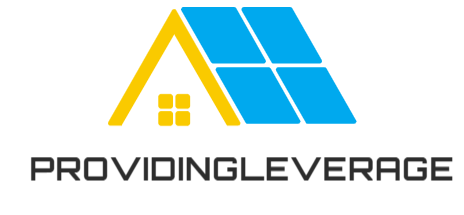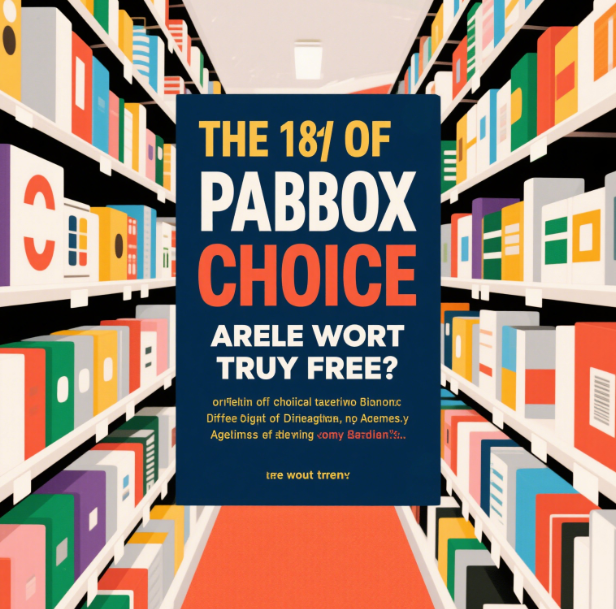In the digital age, we find ourselves drowning in a sea of options. From the countless apps on our smartphones to the endless stream of content on the internet, the availability of choice has expanded exponentially. At first glance, this abundance seems to be the very essence of freedom. We can customize our experiences, pick and choose what we consume, and tailor our lives to our exact preferences. But upon closer inspection, a curious paradox emerges: the more choices we have, the less free we may actually feel.
Consider the simple act of choosing what to watch on a streaming platform. Once upon a time, we had a handful of television channels, and the decision – making process was relatively straightforward. Now, with services offering thousands of movies and shows, the act of choosing has become a Herculean task. We scroll through endless categories, read reviews, and still find ourselves paralyzed by indecision. This phenomenon, known as “analysis paralysis,” robs us of our time and mental energy. Instead of enjoying the freedom to watch whatever we want, we are trapped in a cycle of overthinking, second – guessing, and ultimately, dissatisfaction.
The same paradox extends to our consumer choices. Online shopping has given us access to an unprecedented variety of products from all over the world. We can compare prices, read customer reviews, and select from an almost infinite number of options. However, this wealth of choice often leads to buyer’s remorse. We wonder if we made the right decision, if there was a better product out there that we missed, or if we overpaid. The constant fear of making the wrong choice creates a sense of anxiety and restlessness, rather than the joy and satisfaction we expect from exercising our freedom of choice.
In the realm of social media, the paradox of choice is equally evident. We have the freedom to connect with people from all walks of life, follow countless accounts, and engage with a vast array of content. But this freedom also comes at a cost. We are bombarded with a never – ending stream of information, opinions, and images, leaving us feeling overwhelmed and disconnected. We struggle to keep up with the latest trends, maintain our online presence, and manage our digital identities. Instead of feeling empowered by our ability to choose who we interact with and what we share, we often feel pressured, judged, and isolated.
So, are we truly free in the digital age? The answer is not a simple yes or no. While we have more choices than ever before, the quality of those choices and the impact they have on our lives are often overlooked. The paradox of choice forces us to confront the question of what true freedom really means. Is it the ability to have endless options, or is it the wisdom to make meaningful choices that bring us happiness and fulfillment?
To break free from the paradox of choice, we need to shift our mindset. Instead of focusing on the quantity of choices, we should prioritize quality. We need to learn to filter through the noise, identify our true needs and values, and make choices that align with them. We also need to embrace the idea of “good enough” and let go of the pursuit of perfection. By accepting that there is no such thing as the perfect choice, we can free ourselves from the burden of decision – making and enjoy the freedom that comes with simplicity and clarity.
In conclusion, the paradox of choice in the digital age challenges our understanding of freedom. While we may have more options than ever before, we are not necessarily more free. The key to unlocking true freedom lies in our ability to navigate the sea of choices with wisdom, discernment, and a clear sense of purpose. Only then can we truly enjoy the benefits of the digital age and live a life of authenticity, fulfillment, and freedom.




